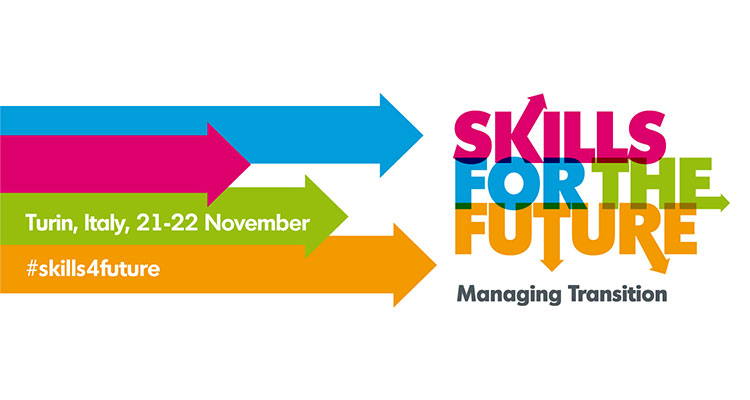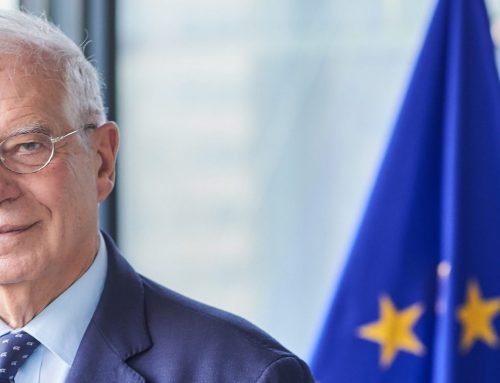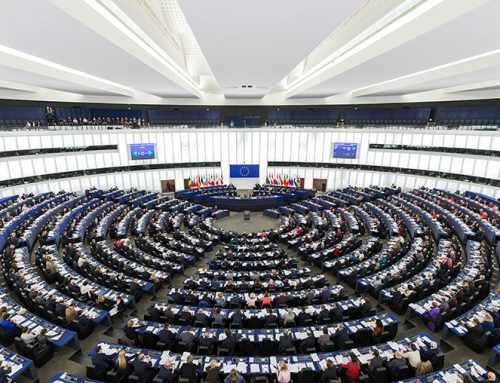How do global forces interact with local realities and how does this affect the demand for skills? How should governments, businesses, social partners, civil society, research institutions, communities and education and training providers work together to manage change? What skills policies work in different contexts?
To address these issues, and many more, the European Training Foundation, the EU Agency in charge of developing training and education in the EU neighbouring countries, is organising the conference ‘Skills for the Future: Managing transition’.
The event will take place in Turin on 21-22 November, 2018. Up to 180 invited participants from more than 50 countries will join, with the aim of exploring how developing and transition countries can respond to global trends shaping the labour market of tomorrow from a skills perspective.
Skills for the Future: Managing Transition’ will be an opportunity to exchange views from the EU and beyond, explore ways to respond to a changing labour market from a skills perspective and to identify solutions.
Taking stock of the outcomes of an ETF report on the future of work and skills presented during the event, participants will focus their discussions and vision around four main topics:
- Mastering global trends
- Tackling country-specific challenges
- Addressing the future of skills, education and training
- Supporting the transition toward the future
The event will put a spotlight on the future of work and skills from a new perspective: the one of transition and developing countries neighbouring the EU. Participants from more than 50 countries – entrepreneurs, training providers, policy makers, innovators – will be attending with the aim of exploring how transition countries can respond to global trends shaping the labour market of tomorrow, from a skills perspective. Together with other events taking place in the EU’s neighbouring countries, the Skills4Future conference is branded as part of the European Vocational Skills Week, the EC’s initiative to raise awareness on the wide range of opportunities available through vocational education and training.




